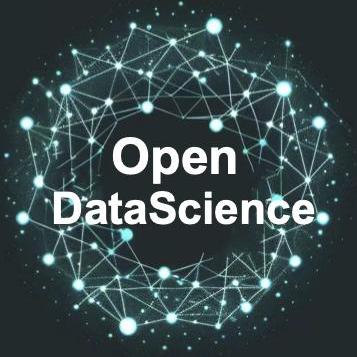Discover and explore top open-source AI tools and projects—updated daily.
ML-Papers-of-the-Week by  dair-ai
dair-ai
Weekly ML papers, top picks
Top 4.1% on SourcePulse
ML Papers of the Week is a repository that highlights top machine learning papers weekly, serving as a valuable resource for researchers, engineers, and practitioners interested in the latest advancements in the field. It provides curated summaries of significant research, enabling quick assessment of new developments in AI.
How It Works
The repository curates a weekly list of influential ML papers, often accompanied by links to the papers, relevant tweets, and sometimes GitHub repositories or model weights. This allows users to quickly access and understand the core contributions of each highlighted paper.
Quick Start & Requirements
- Access: The repository itself is a collection of links and summaries; no direct installation is required. Users navigate the GitHub repository to browse weekly highlights.
- Resources: Access to the internet is required to view the linked papers, tweets, and code repositories.
Highlighted Details
- Weekly Curation: Provides a consistent stream of the latest ML research.
- Diverse Coverage: Highlights papers across various subfields of machine learning, including reasoning, agents, multimodal models, and efficiency techniques.
- Actionable Links: Offers direct links to papers, code, and discussions for deeper dives.
- Benchmark Performance: Frequently includes performance claims and comparisons against state-of-the-art models and human baselines.
Maintenance & Community
- Active Updates: The repository is regularly updated with new papers, indicating active maintenance.
- Community Engagement: Links to Twitter and Discord suggest an active community for discussion and further information.
Licensing & Compatibility
- Content Licensing: The repository itself is typically under a permissive license (e.g., MIT), but the licensing of the papers linked within it varies by their original publication source.
- Commercial Use: Users must adhere to the licensing terms of each individual paper and associated code/models they choose to explore or utilize.
Limitations & Caveats
The repository is a curated list and does not provide direct execution environments or code for the papers. Users need to follow the provided links to access and utilize the research independently. The summaries are brief and may not capture all nuances of the original papers.
7 months ago
1 week

 liunian-Jay
liunian-Jay SEU-COIN
SEU-COIN liguodongiot
liguodongiot lupantech
lupantech aimerou
aimerou ai-boost
ai-boost DataExpert-io
DataExpert-io janhq
janhq hesamsheikh
hesamsheikh SakanaAI
SakanaAI HKUDS
HKUDS mlabonne
mlabonne